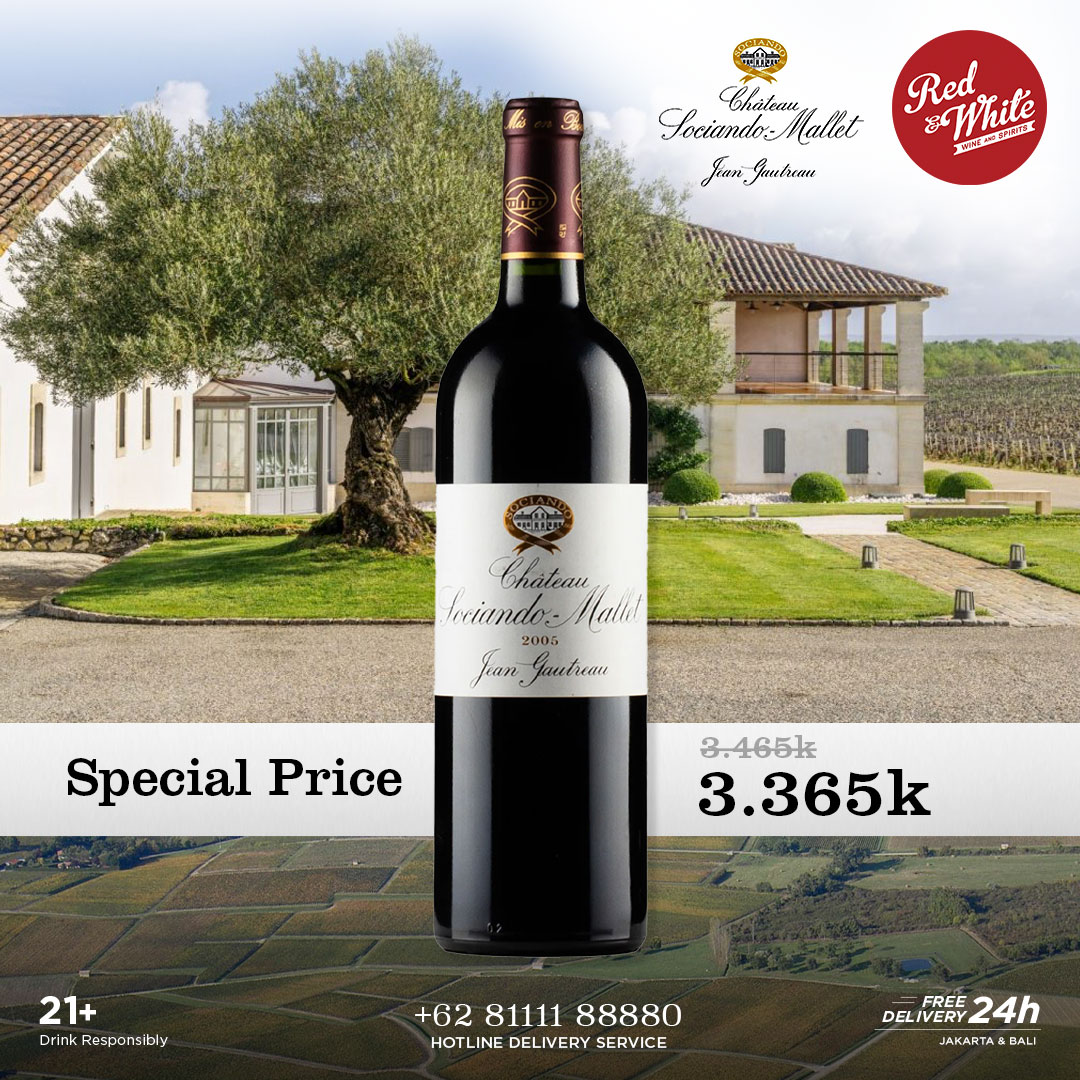
Wine Tasting 101
Wine tasting is an acquired skill. While connoisseurs and professionals do it for a living, it doesn’t mean that you can’t earn that badge for yourself. Around the world, wine tasters use correct methods of wine tasting in order to fully savour all the flavours and aromas of the wine. Wine tasting is more than just distinguishing tastes. It’s about taking the proper techniques and going step by step to experience the drink in its entirety. These basic steps to wine tasting will give you a newfound appreciation for wine, and help you experience the drink like you’ve never done before!
What is an appropriate serving of wine?
In wine tasting, you will only need a little amount of wine in the glass. The standard serving for wine tasting is around 75 to 90 ml.
Meanwhile, on any other occasion, it’s common practice to double that volume. You can have between 150 to 180 ml of wine in your glass.[/vc_column_text]
How do you properly hold a wine glass?
As we’ve learned about glassware , the four parts of a wine glass each serves a purpose of their own.
To properly hold a wine glass, hold the stem with your forefingers and thumb. This helps to keep the glass steady, and gives you control as you tilt the glass towards your mouth.
As most wine is best served chilled, it’s important to try to maintain this temperature for as long as possible. This is why you should hold the stem and never the bowl. Doing the latter will increase the temperature of the wine.
If the wine glass has no stem, hold it around the middle and try to avoid touching the bottom of the glass.
You have the correct amount of wine in the glass, and you know how to hold it without affecting the wine. Now, all that’s left to do is taste!
The 5 S’s of wine tasting
While the following steps are normally used in the context of wine tasting, applying them any time you’re drinking wine can give you a more well-rounded drinking experience. These steps engage three of your five senses, and help you fully understand the wine you’re drinking.
See
Before doing anything else, observe your wine. What colours are there? Instead of simply noticing if it’s red or white, try to be more specific. Is it burgundy, or does it lean towards plum? If it’s a white wine, is it yellowish or clear?
The colours in the wine inform you of its aging process, mainly whether or not it was aged in oak barrels. This is the first step in getting to know your wine.
Pro tip
To really distinguish the colour of your wine, hold your wine glass up against a light background.
Swirl
Another thing you want to predict about your wine is how light or heavy it will feel on your tongue. This can be gauged using the swirling method.
First, hold the stem of your glass where it connects with the base. Then, gently move the glass in circles on the table. This can also be done while holding the glass up, but just make sure you swirl it gently so as not to spill anything!
After swirling, observe the inner walls of your wine glass. A sweet wine will usually leave visible streaks.
Aside from giving you a better understanding of your wine, swirling also oxidises the drink, getting rid of unpleasant odours.
Sniff
Wine connoisseurs will agree that wine is tasted with the nose just as much as it is tasted with the palate. Taking in the aromas in the wine is just as important as tasting it.
Get a nice whiff of the wine by tilting your glass towards your nose. Place your nose right near the glass’s rim and try to identify some of the things you smell.
Pro tip
Here are some scents you can look out for as you’re sniffing:
- Florals – geranium, lavender, rose, violet, citrus blossom, etc.
- Spices – pepper, cardamom, cinnamon, vanilla, nutmeg, etc.
- Fruits – dark fruits, pear, apricot, berries, peach, etc.
- Wood – oak or charred oak
Sip
Now that you’ve gathered everything you need to know about your wine, you can take a sip. Holding the glass by the stem, tilt it towards your mouth and take a sip. You should take enough to cover the surface of your tongue.
Here’s the important part—don’t swallow immediately! Let the wine sit on your tongue for a few seconds. While you do this, the wine will release more of its aromas in your mouth.
A frequently asked question about this part of wine tasting is whether one should swallow the wine. Some choose to do so, while others will spit it out. There is no right or wrong answer here, but rather a difference in experience. When the wine is swallowed, you can catch more of the wine’s flavours as it hits your cheeks and travels down your throat.
Pro tip
As the wine sits on your tongue, create a small opening between your lips by pursing them. Breathe through it to let oxygen in.
This way, the wine will further oxidise in your mouth and release more of its qualities onto your palate. While this happens, note what you’re sensing. Is the wine sweet or is it on the dryer side? Is it light or heavy on the tongue? What primary flavours do you notice?
Savour
The final step is to savour the wine and enjoy its “finish” – this refers to the remaining sensations you get after you’ve had your wine. The finish can be fully appreciated when the wine is swallowed.
While you savour, consider the following:
- Were there any dominant flavours? Did they overpower other subtler notes, and if so, what were those notes?
- How long do the flavours stay with you after you’ve swallowed?
- Do you catch an aftertaste of alcohol?




